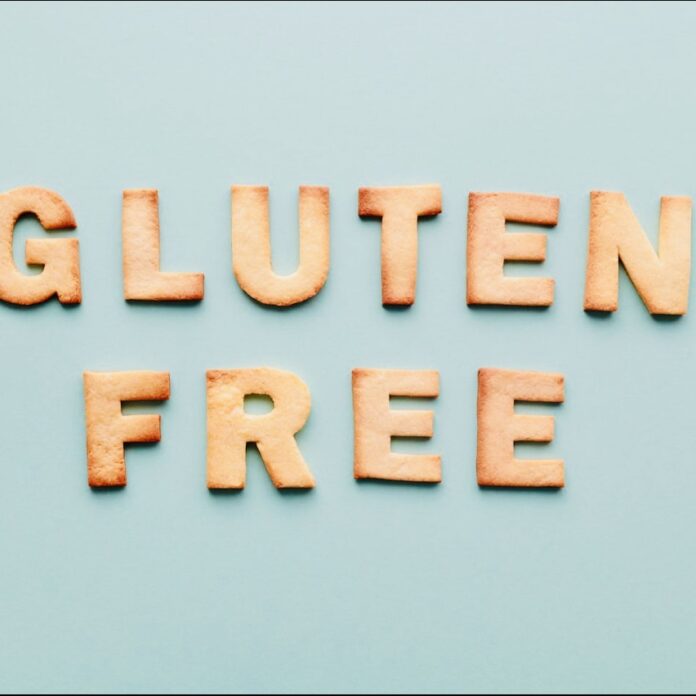La malattia celiaca è una condizione autoimmune cronica che colpisce milioni di persone in tutto il mondo. Caratterizzata da una reazione avversa al glutine, una proteina presente nei cereali come il grano, l’orzo e il segale, la malattia celiaca può influenzare significativamente la qualità della vita di coloro che ne sono affetti. Insieme, esploreremo la malattia celiaca, comprendendo la sua definizione, i sintomi, la diagnosi e le strategie di gestione per vivere una vita sana e appagante.
Definizione e Cause – La malattia celiaca è una malattia autoimmune in cui il sistema immunitario attacca erroneamente i tessuti sani del corpo quando esposto al glutine. Il glutine è una proteina che conferisce elasticità ai prodotti a base di grano come pane e pasta. Nei pazienti affetti da celiachia, il consumo di glutine danneggia l’intestino tenue, compromettendo l’assorbimento dei nutrienti.
Quali Sono i Sintomi? – I sintomi della malattia celiaca possono variare notevolmente da persona a persona. Alcuni individui possono manifestare sintomi gastrointestinali come dolore addominale, diarrea o stitichezza, mentre altri possono mostrare sintomi più generici come stanchezza, irritabilità o perdita di peso. In molti casi, i sintomi possono passare inosservati o essere attribuiti ad altre condizioni, rendendo la diagnosi della malattia celiaca una sfida.
Come Ottenere una Diagnosi? – La diagnosi della malattia celiaca spesso coinvolge una combinazione di esami del sangue e biopsie dell’intestino tenue. Gli esami del sangue possono rilevare la presenza di specifici anticorpi per la malattia celiaca, mentre le biopsie confermano il danneggiamento intestinale. È essenziale consultare un medico per una diagnosi accurata, poiché l’auto-diagnosi o la diagnosi ritardata possono portare a gravi complicazioni.

Come Gestire la Malattia Celiaca – Gestire la malattia celiaca richiede un’aderenza rigorosa a una dieta priva di glutine. Ciò significa eliminare completamente gli alimenti contenenti grano, orzo, segale e loro derivati. Fortunatamente, negli ultimi anni la consapevolezza della malattia celiaca è cresciuta, portando a una maggiore disponibilità di prodotti senza glutine nei negozi di alimentari e a una maggiore scelta nei ristoranti.
Tuttavia, evitare il glutine può essere difficile, poiché il glutine può essere presente in alimenti inaspettati o contaminare alimenti che teoricamente dovrebbero essere senza glutine. Una lettura attenta delle etichette alimentari e una chiara comunicazione con i ristoranti sono cruciali per evitare contaminazioni accidentali.
La malattia celiaca è una condizione che richiede un approccio consapevole e impegnato alla gestione della propria dieta. Con l’attenzione giusta e l’eliminazione del glutine dalla dieta, molte persone affette da malattia celiaca possono condurre una vita sana e attiva. La ricerca in corso sull’argomento sta contribuendo a migliorare la comprensione della malattia celiaca e ad aumentare le risorse disponibili per coloro che ne sono affetti. La consapevolezza pubblica e il supporto della comunità sono essenziali per garantire una migliore qualità della vita.
Le persone affette da malattia celiaca dovrebbero evitare il glutine, una proteina presente in alcuni cereali come il grano, il segale, l’orzo e i loro derivati. Pertanto, è importante scegliere alimenti privi di glutine. Ecco alcuni alimenti consigliati per le persone affette da malattia celiaca:
- Cereali senza glutine: Optate per cereali come riso, mais, quinoa, miglio e grano saraceno. Assicuratevi che siano etichettati come “senza glutine”.
- Farine senza glutine: Utilizzate farine alternative come farina di riso, farina di mais, farina di mandorle, farina di cocco o farina di grano saraceno per cucinare e fare dolci.
- Pane e prodotti da forno senza glutine: Oggi sono disponibili molte opzioni di pane, biscotti, muffin e altri prodotti da forno senza glutine. Potete trovare prodotti senza glutine in molti negozi di alimentari naturali o supermercati.
- Frutta e verdura fresca: Frutta e verdura fresca sono naturalmente prive di glutine e sono parte importante di una dieta sana per coloro che hanno la malattia celiaca.
- Proteine magre: Carni fresche, pesce, uova e prodotti lattiero-caseari non lavorati sono generalmente sicuri. Tuttavia, fate attenzione con i prodotti confezionati o processati, poiché potrebbero contenere glutine.
- Prodotti lattiero-caseari: Molti prodotti lattiero-caseari sono senza glutine, ma è importante controllare gli ingredienti nei prodotti lavorati. Latte, formaggio e yogurt senza additivi dovrebbero essere sicuri.
- Legumi e frutta secca: Fagioli, lenticchie, ceci, noci e semi sono eccellenti fonti di proteine e sono naturalmente privi di glutine.
- Prodotti confezionati senza glutine: Ci sono molti prodotti confezionati appositamente preparati per le persone affette da malattia celiaca, come pasta senza glutine, cereali, snack e dolci.
È essenziale leggere attentamente le etichette alimentari e, se non siete sicuri, contattare il produttore per confermare la presenza o l’assenza di glutine. Inoltre, è consigliabile consultare un dietista o uno specialista della malattia celiaca per consigli personalizzati e per garantire una dieta equilibrata e sicura.
*Le informazioni contenute in questo articolo non sono a scopo diagnostico e in nessun caso sostituiscono il parere medico. Vi ricordiamo che in caso di disturbi e/o malattie, è sempre necessario consultare il vostro medico di base o uno specialista.
Ig – @fairness_mag





